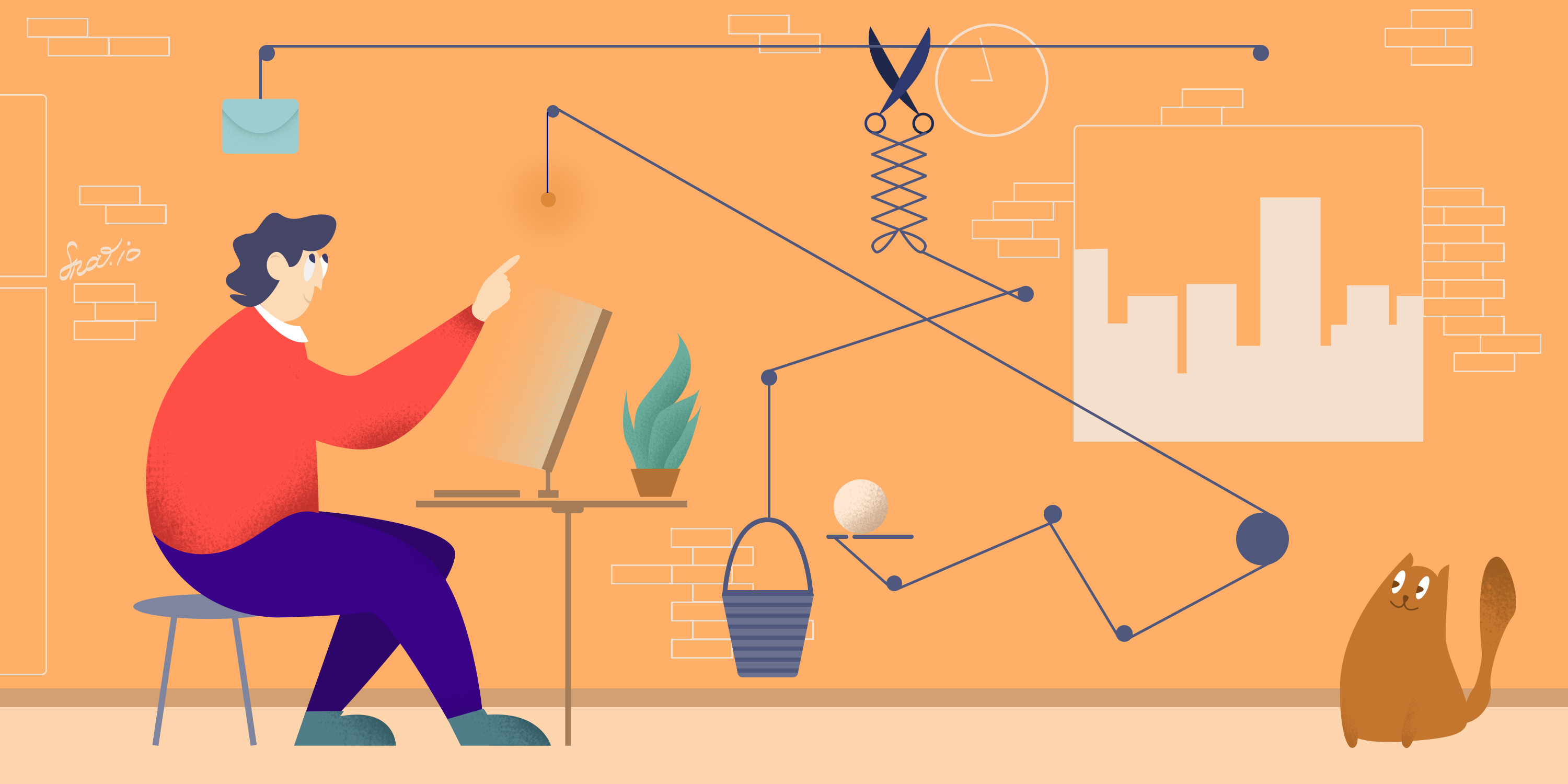Understanding the Role of an Interior Decorator
An interior decorator is a professional who specializes in enhancing interior spaces. They possess a keen eye for aesthetics, a deep understanding of design principles, and a knack for transforming ordinary spaces into extraordinary environments.
The Process of Interior Decoration
The process of interior decoration typically involves the following steps:
- Initial Consultation: The decorator meets with the client to discuss their vision, preferences, and budget.
- Space Assessment: The decorator analyzes the space, considering its size, layout, and natural light.
- Concept Development: The decorator develops a design concept that aligns with the client’s vision and the overall aesthetic of the space.
- Color Palette Selection: The decorator selects a color palette that complements the design concept and creates the desired mood.
- Material Selection: The decorator chooses materials like fabrics, wallpapers, and flooring that are both functional and aesthetically pleasing.
- Furniture and Accessory Selection: The decorator selects furniture and accessories that enhance the space’s functionality and style.
- Space Planning: The decorator creates a layout plan that maximizes the space’s potential.
- Project Management: The decorator oversees the project, coordinating with contractors, artisans, and other professionals.
The Benefits of Hiring an Interior Decorator
Hiring an interior decorator can offer numerous benefits:
- Expertise and Experience: Interior decorators have the knowledge and experience to create beautiful and functional spaces.
- Time-Saving: They can efficiently manage the design process, saving you time and effort.
- Access to Resources: Interior decorators have access to a wide range of suppliers and contractors.
- Personalized Service: They can tailor the design to your specific needs and preferences.
- Increased Property Value: A well-designed home can increase its market value.
Qualities of a Good Interior Decorator
A good interior decorator possesses several key qualities:
- Creativity: A strong sense of creativity is essential for developing innovative and inspiring designs.
- Attention to Detail: A keen eye for detail ensures that every aspect of the design is executed flawlessly.
- Problem-Solving Skills: The ability to think critically and find solutions to challenges is crucial.
- Communication Skills: Effective communication is essential for understanding the client’s needs and coordinating with other professionals.
- Organizational Skills: Strong organizational skills are necessary to manage projects efficiently.
- Business Acumen: A good understanding of business principles is helpful for managing budgets and timelines.
The Role of Technology in Interior Decoration
Technology has revolutionized the field of interior decoration. Tools like computer-aided design (CAD) software enable decorators to create detailed 3D renderings of spaces. Virtual reality (VR) technology allows clients to experience the design concept before it’s implemented. Additionally, online platforms and social media have made it easier for decorators to connect with clients and showcase their work.
The Future of Interior Decoration
The future of interior decoration is bright. As people become more aware of the impact of design on well-being, the demand for interior decorators is likely to increase. Emerging trends in interior design, such as sustainable design and smart home technology, will continue to shape the industry.
The Impact of Interior Design on Mental Health
Studies have shown that well-designed interiors can have a positive impact on mental health. A clutter-free, well-lit, and aesthetically pleasing environment can reduce stress, improve mood, and enhance cognitive function. Interior decorators can play a crucial role in creating spaces that promote mental well-being.
Ethical Considerations in Interior Decoration
Ethical considerations are essential in the field of interior decoration. Decorators should prioritize sustainability, fair labor practices, and responsible sourcing of materials. They should also be mindful of cultural sensitivities and avoid perpetuating stereotypes.
The Intersection of Art and Design in Interior Decoration
Interior decoration is often described as the intersection of art and design. Decorators can incorporate elements of art, such as paintings, sculptures, and photography, to enhance the aesthetic appeal of a space. By blending art and design, decorators can create truly unique and inspiring interiors.






![Everything You Need to Know Hermes’ [Bag Name] Everything You Need to Know Hermes’ [Bag Name]](https://images.unsplash.com/photo-1507666664345-c49223375e33?fm=jpg&q=60&w=3000&ixlib=rb-4.0.3&ixid=M3wxMjA3fDB8MHxzZWFyY2h8MTN8fGhlcm1lcyUyMHBhcmlzJTIwYmFnfGVufDB8MHwwfHx8Mg%3D%3D)


